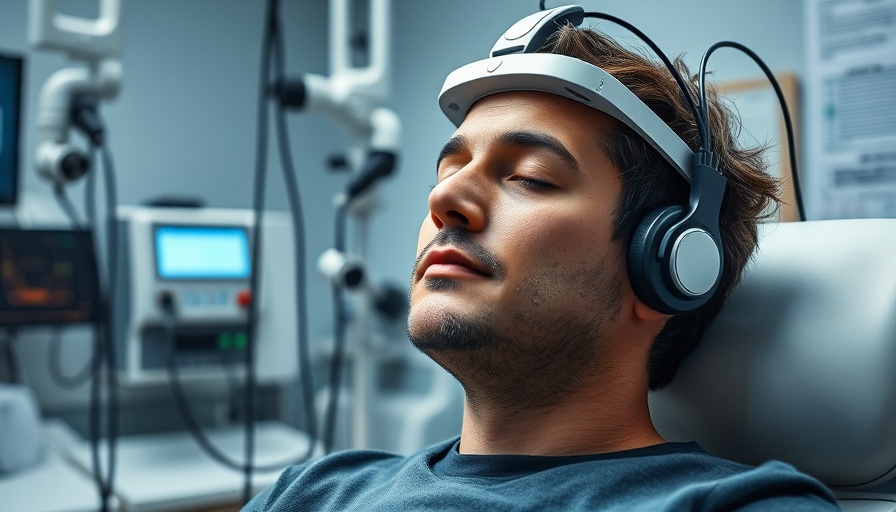
The Heart-Brain Connection: A New Way to Treat Depression
Recent research has revealed exciting new insights into the treatment of major depressive disorder (MDD) through the use of magnetic brain stimulation, specifically Intermittent Theta-Burst Stimulation (iTBS). This method has been shown to help patients, and now, monitoring heart rate during treatment might make it even more effective. A study led by Dr. Roberto Goya-Maldonado at the University Medical Center Göttingen found that changes in heart rate shortly after iTBS can provide crucial information about a patient’s response to therapy.
How Heart Rate Predicts Treatment Success
The study followed 75 patients undergoing iTBS treatment and found that those whose heart rates slowed down within the first 45 seconds of stimulation demonstrated significantly greater improvement in depression symptoms after six weeks compared to those with no such response. This insight offers something tangible for both clinicians and patients: an immediate physiological indicator that could enhance treatment outcomes. According to the study, utilizing cardiac monitoring could allow adjustments to stimulation intensity or coil positioning in real-time, potentially increasing the success rate of treatments that currently hover between 30% to 50%.
Why Personalization Isn’t Always Better
In an unexpected twist, the research also sought to determine if personalizing stimulation sites based on brain connectivity would improve results. The findings were clear: there was no significant difference in outcomes between personalized sites and traditional locations such as the left dorsolateral prefrontal cortex. This challenges previous assumptions about the necessity of sophisticated neuroscience in treatment approaches and suggests a more straightforward technique might suffice in some cases.
Implications for the Future of Depression Treatment
The implications of these findings are profound. As we look towards the future of mental health treatment, these insights pave the way for a more nuanced approach to depression management. With cardiac monitoring being a simpler, cost-effective solution compared to elaborate neuroimaging techniques, it enhances the practicality of individualized care.
For patients battling MDD, the ability to predict treatment success more accurately can substantially improve the quality of life. Identifying effective therapies sooner can mean the difference between relief and prolonged suffering, marking a significant step forward in the journey towards more effective mental health treatment.
 Add Row
Add Row  Add
Add 




Write A Comment